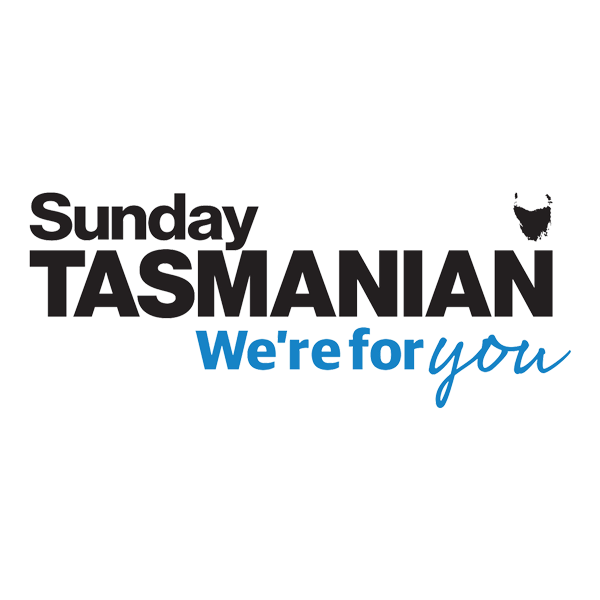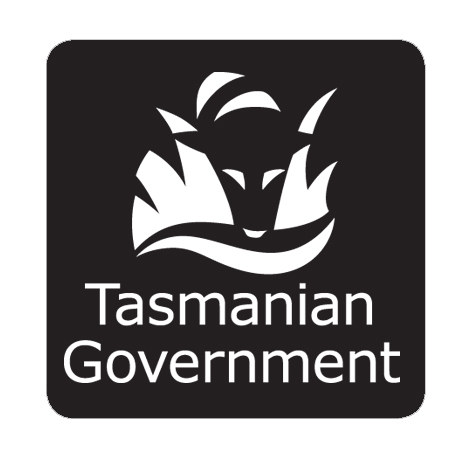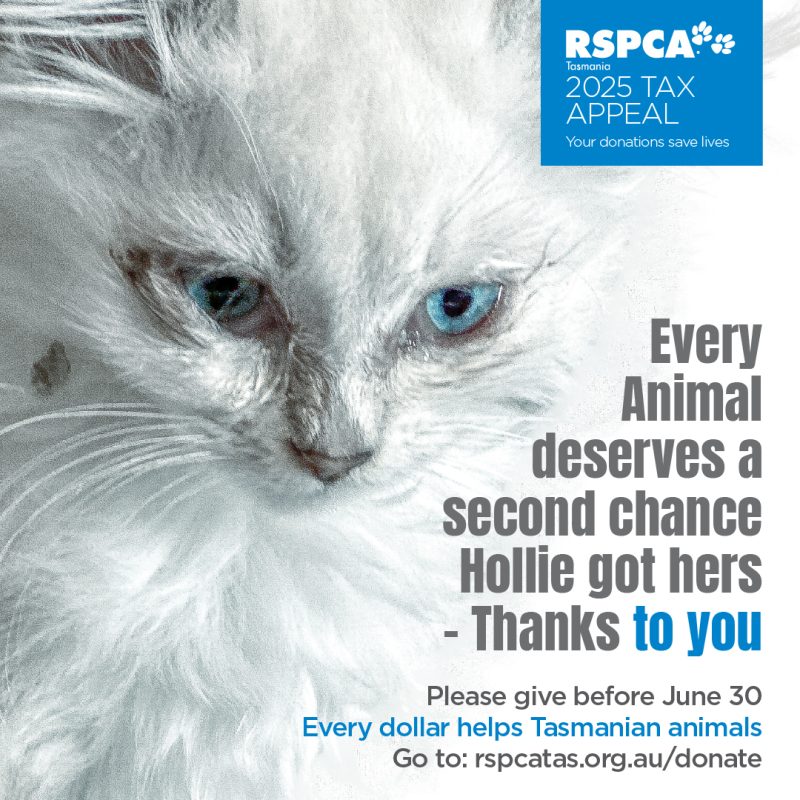SAVE OUR WILD DUCKS
Save our wild ducks
In the first week of March, the annual duck shooting season will once again start in Tasmania. Over three months, native ducks will be blasted out of the skies in the name of sport. The targets include five species of ducks, three of which mate for life. Non-target as well as targeted birds will be wounded and die a painful and lingering death.
As part of this legalised “sport”, hunters are permitted to shoot up to ten ducks each day.
According to government reports, 1134 licences were issued for the 2019 season. This shows that only a very small proportion of Tasmanians are actively involved in duck hunting. In fact, 1134 licences represents just 0.2% of the population – or two in every thousand of us.
DPIPWE estimated that these hunters shot approximately 49,671 ducks over the three month season. Studies show it is likely that as many as 13,000 more ducks would be wounded but not killed – and die in agony.
Note that this figure is an estimate. Hunters are legally required to report the number of ducks they shoot, and the official figures show reports of only 33,684 ducks being shot. So the estimated death toll is 147% of the reported number of birds shot.
Without further explanation, it would not be unreasonable to infer that the department accepts significant under-reporting by hunters (ie a factor of almost 50%). Greater transparency and accountability is clearly of vital importance.
These returns are also meant to include information on the number of each species shot and the region where they were shot. However, as no detailed information is made publicly available from this data collection, it is impossible to determine whether the requirement is being met – or to determine impacts on populations.
In order to be issued with a licence, hunters need to have passed the Waterfowl Identification Test (WIT). Currently, the WIT only needs to be taken once, and someone with pass mark as low as 47 out of 66 can still be issued a licence. This means that 19 out of each 66 birds shot at could possibly be protected or endangered species. This is an unacceptable risk.
Yet we have no up-to-date population data to inform decisions that might impact our wildlife – like continuing to permit shooting of wild ducks.
A survey of licenced duck shooters undertaken last year by the Victorian government found that:
- 80% could not reliably distinguish between permitted species and non-target species – some of which may be endangered;
- Barely a third had any knowledge of wounding rates; and
- Only 1 in 10 had any knowledge of how to humanely kill wounded birds.
These are appalling statistics by any measure.
Without any independent evidence to the contrary, there is no reason to believe that the situation would be any different in Tasmania.
Recognising the strong evidence of the extreme suffering involved by the animals, and the community’s lack of support for recreational hunting, three states in Australia (Western Australia, NSW, and Queensland) have already banned recreational duck hunting.
Last year, in a draft minute to the Tasmanian Minister for Primary Industries, Parks, Water and Environment, departmental officers recommended that the 2020 open season be cut back on conservation grounds.
The government did not take that advice.
The RSPCA does not believe there is justification for continuing to licence hunters to shoot ducks for sport – and community concern for the welfare of native ducks make it clear that there is no social licence for this to continue.
The fact that departmental experts advised that the duck season is unsustainable highlights even more reason for the government to address this unacceptable situation.Tasmania’s native wildlife is globally recognised as unique and remarkable. It is an essential responsibility of the state government to ensure the wild populations of these animals remain at healthy, sustainable levels.
Surely there is now enough evidence to for the Tasmanian government to recognise changing public sentiment and take drastic measures to stop the slaughter by instituting a permanent ban on duck shooting. Realistically, it is too late to implement change this year. So the RSPCA calls on the government to announce that 2021 will be the last time native duck species face decimation by hunters in Tasmania.
Please fill in our survey question



























